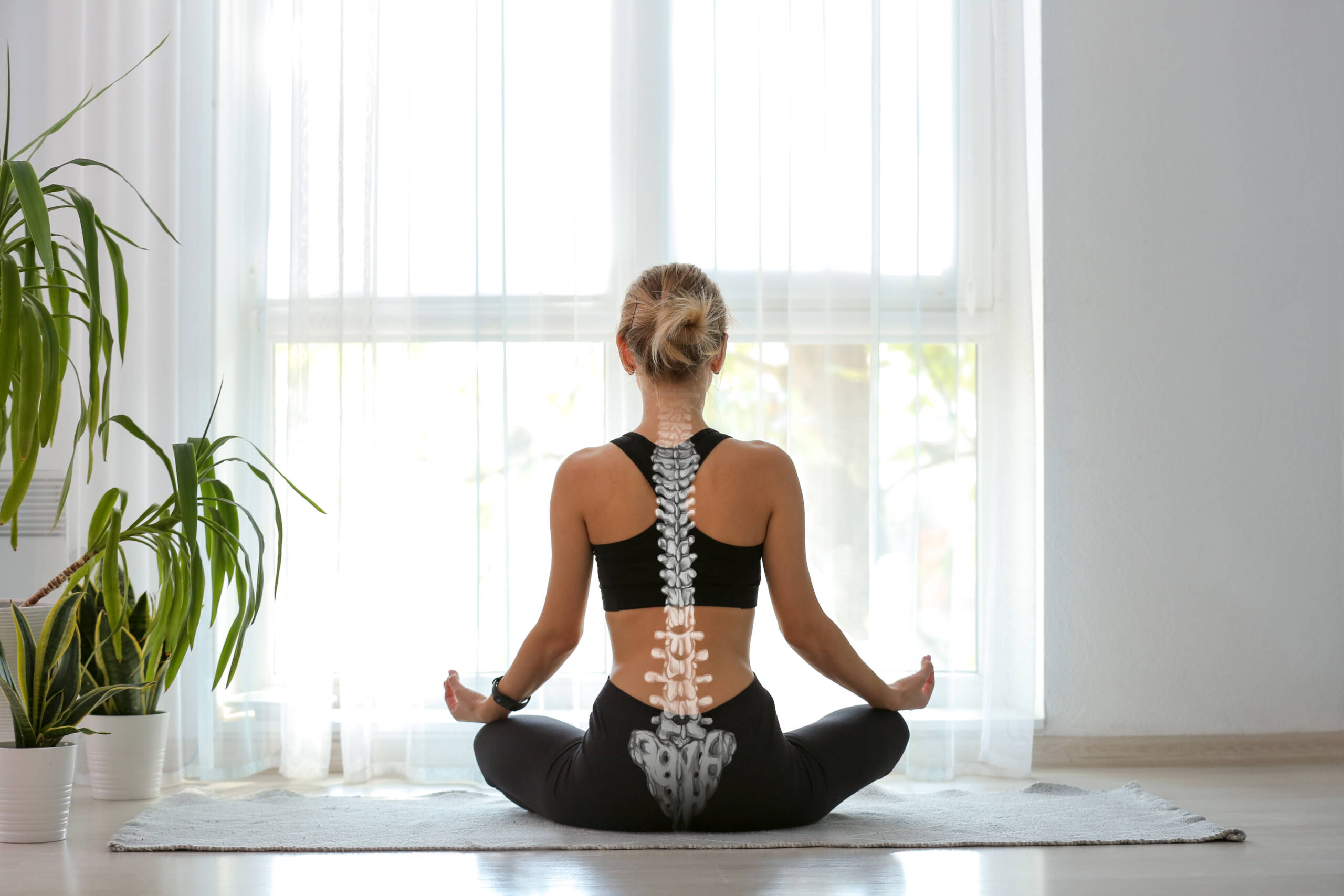It seems cliche at this point, but the impact of 2020 and COVID-19 on our personal and community health has been significant, to say the least. As we begin 2021, you may find it more challenging to stay healthy and feel well simply because of COVID fatigue. We are all hoping for a better year ahead in 2021. In preparation for a better 2021, here are a few gentle and easy recommendations to help you stay healthy in the upcoming winter months. Sometimes less is more so we are trying to keep it simple. Start small. Maybe pick one of these suggestions and focus on it for a week or so. Then, add another suggestion to work on once you feel like you are ready.
- 1. Get your sleep. 7-8 hours of sleep has been found to be optimal by the American Academy of Sleep Medicine in order to optimize general health, mental health cardiovascular health, immune health, and minimize pain. Sleep is a chance for your brain to rest and assists the body in functioning more efficiently. It can be beneficial for stress management as well as overall health. Most of us understand that it’s important to eat a good diet and sleep is like proper nutrition for the brain. Since the brain impacts the function of your immune health, optimal sleep can help improve your immune resilience.
2. Practice better sleep hygiene. If you are trying to get more sleep but are having trouble doing so because of trouble falling asleep or because you wake up during the night, you may benefit from improving your sleep hygiene. Turn off the electronics at least 1 hour before bed and try to do some reading or journal. Before bed, take a warm bath with Epsom salt or try aromatherapy by using a diffuser with essential oils. These before-bed rituals can help calm your nervous system and allow your body and mind to relax for more sound sleep. If you would like more suggestions on sleep hygiene, refer to some suggestions by Dr. Aviva Romm, MD below.
https://avivaromm.com/sleep-well-7-natural-tips-for-getting-great-zzzzz/
3. Caffeine and alcohol. Look at your caffeine and alcohol intake as they can both impact the quality of sleep as well as gut health. Caffeine and alcohol affect absorption in the lining of your gut as well as the resting state of your nervous system. Gut health is also linked to immune system health. By minimizing or eliminating caffeine and alcohol from your diet, you can improve the lining of your gut and improve the quality of digestion as well as optimize immune system function for better health.
4. Exercise. We may find ourselves in a bit of a rut with our routine or we may have fallen out of our routine because it was disrupted by the holidays. Dust off the treadmill, the Peloton, or, better yet, get outside if temps are above 40 degrees so you don’t have to worry about slippery conditions. Getting outdoors is an opportunity to get some Vitamin D as well as exercise your mind, muscles, bones, joints, circulation, heart, and lungs, just to name a few. A simple 30-minute walk can impact multiple systems in the body including the immune system response. 150-300 minutes of moderate to intense exercise per week is recommended for adults over 18 by the World Health Organization. Stay tuned for more details on this subject, but use those guidelines as you plan your week to help you keep your exercise on track.
5. Supplements. We have been advised by colleagues like Jessica Drummond MPT, CCN, CHC, and Aviva Romm MD that Vitamin D, C, A, Zinc, quercetin, and probiotics may be helpful with recovery and prevention of illness and are linked to improved pulmonary health. Check with your doctor or pharmacist first, but consider adding these or other immune-boosting supplements to your diet.
6. Practice mindfulness. Experts say that very soon we may all be discussing our preferences for methods of mindfulness just like we discuss our preferred exercises. Mindfulness is exercise for the brain. The theme of simplicity and consistency is once again the key. Your brain and body get acclimated to daily practice and routine and your mindfulness self-care can be as little as 5 minutes a day. Start small and maybe download an app if you feel like you need some guidance. Otherwise, just take 5 minutes and pay attention to your breath. This is an easy beginner mindfulness practice that anyone can do with no training required. Stay tuned for reminders and suggestions about mindfulness in the weeks ahead.
7. Stay connected. Talk with a friend or family member. Reaching out to just say hello can be therapeutic for both you and for them. If you can, meet for a walk outside or just talk on the phone, the emotional and psychologic effects can be another immune system boost.
It’s a challenging time for all of us. Stay well. Please let us at Rebalance Physical Therapy know if we can be of further help to you. Thank you all for being a part of our community this year and we look forward to brighter days in the year to come.
















